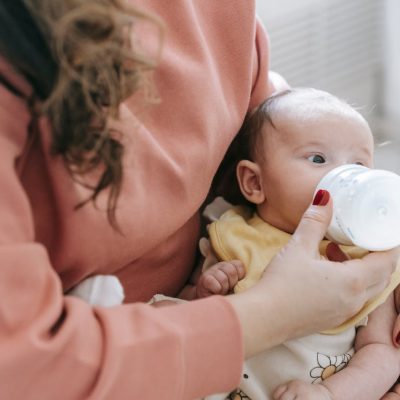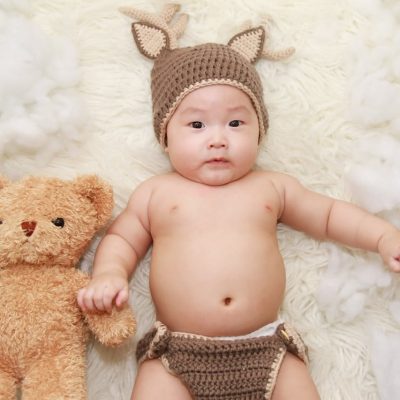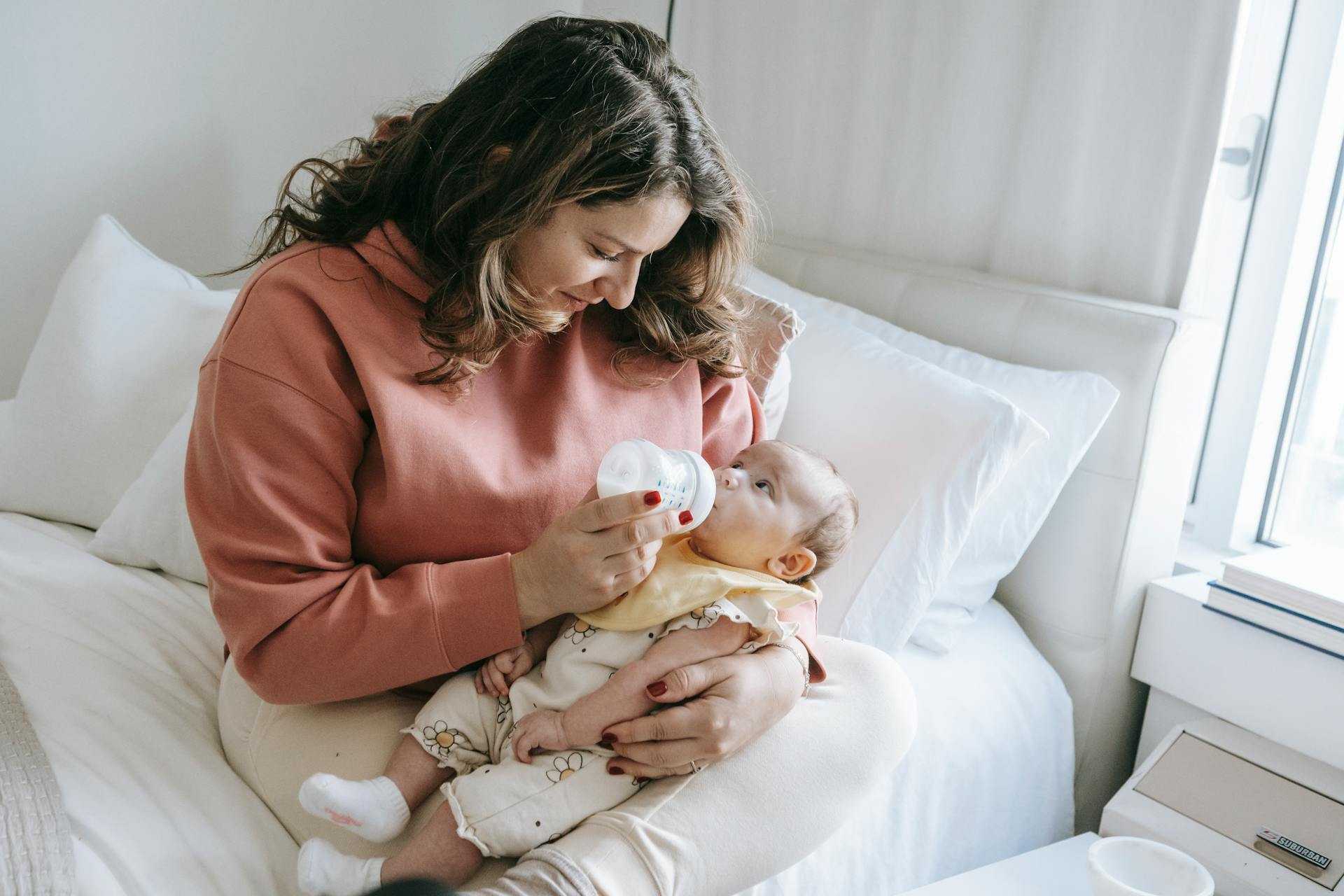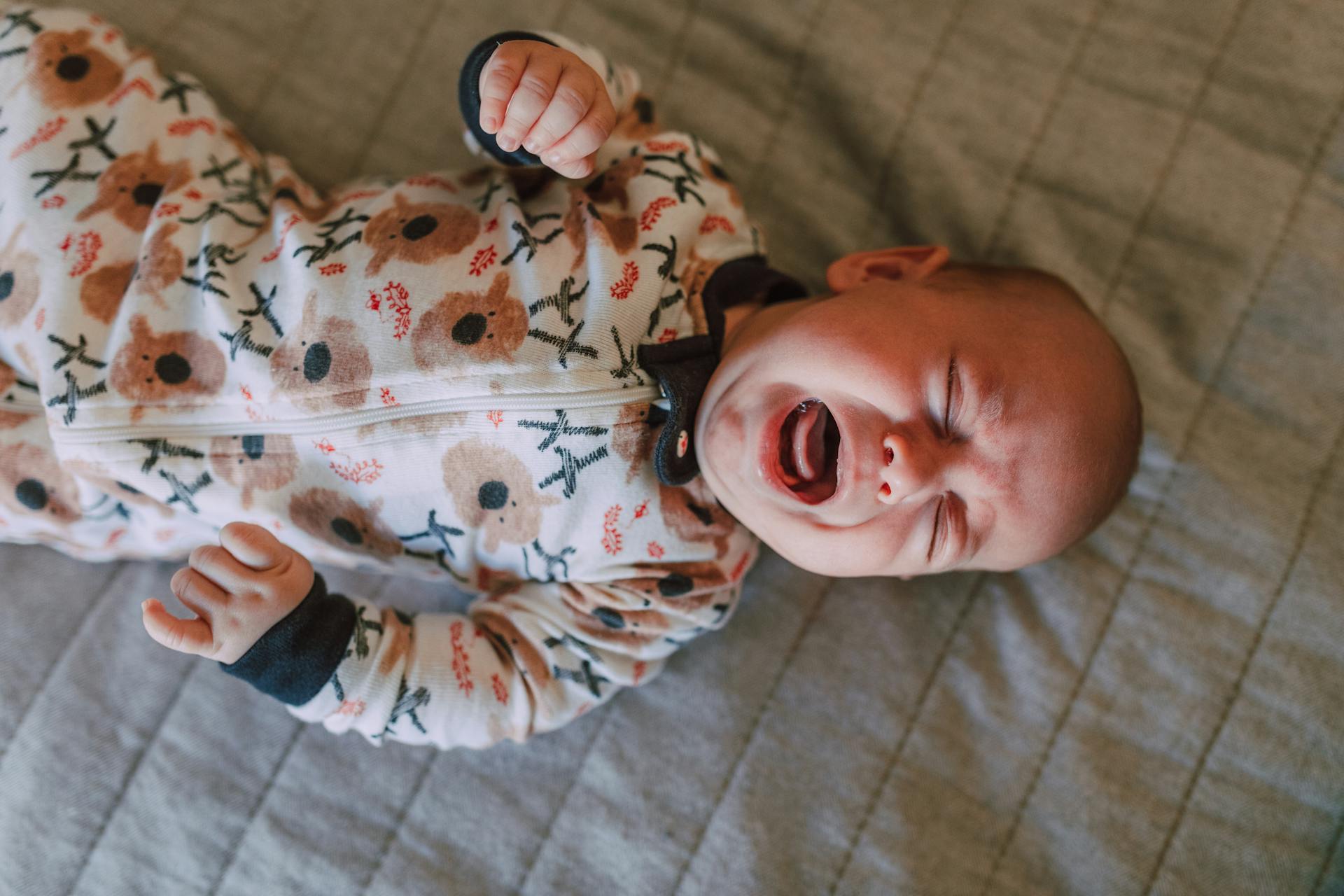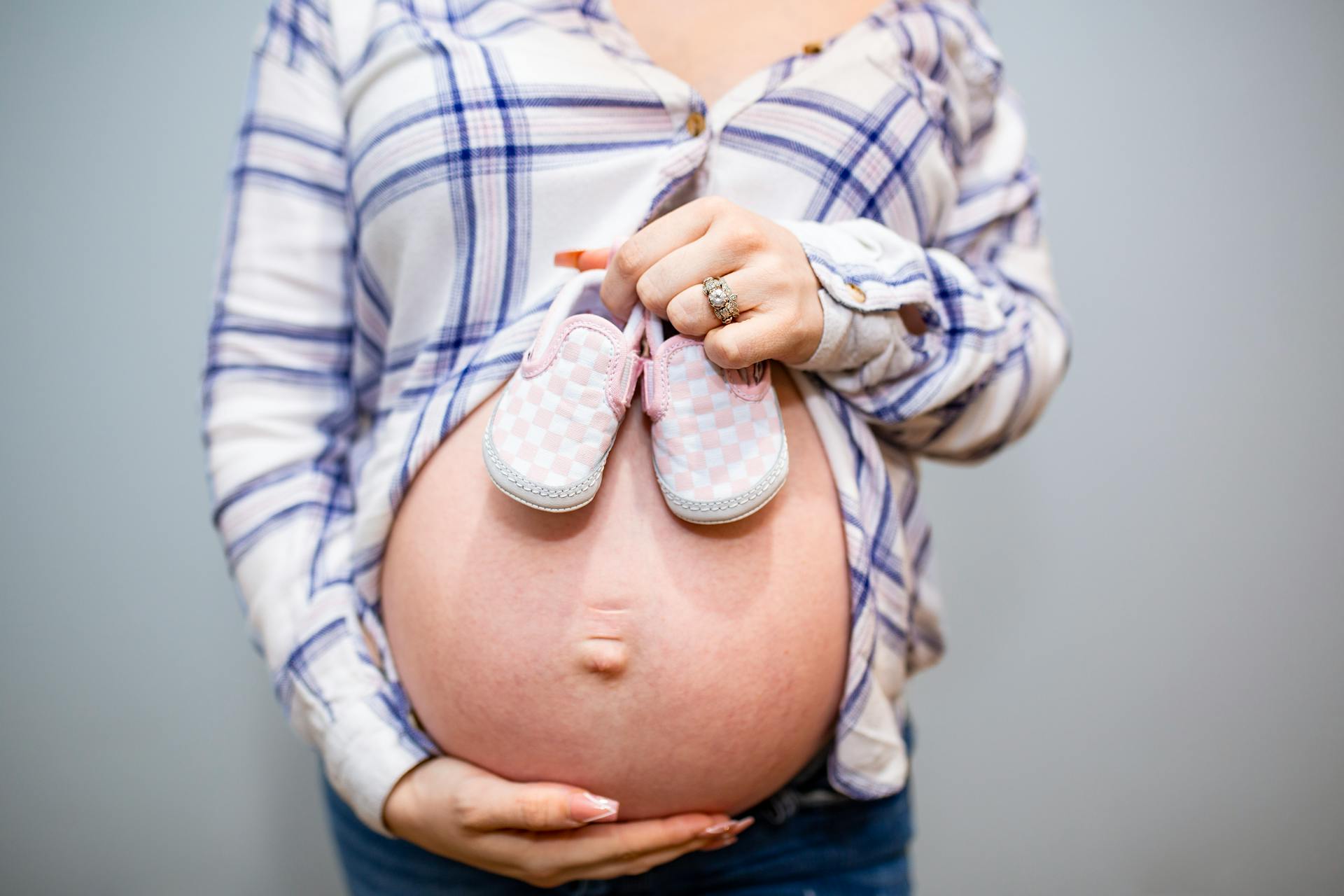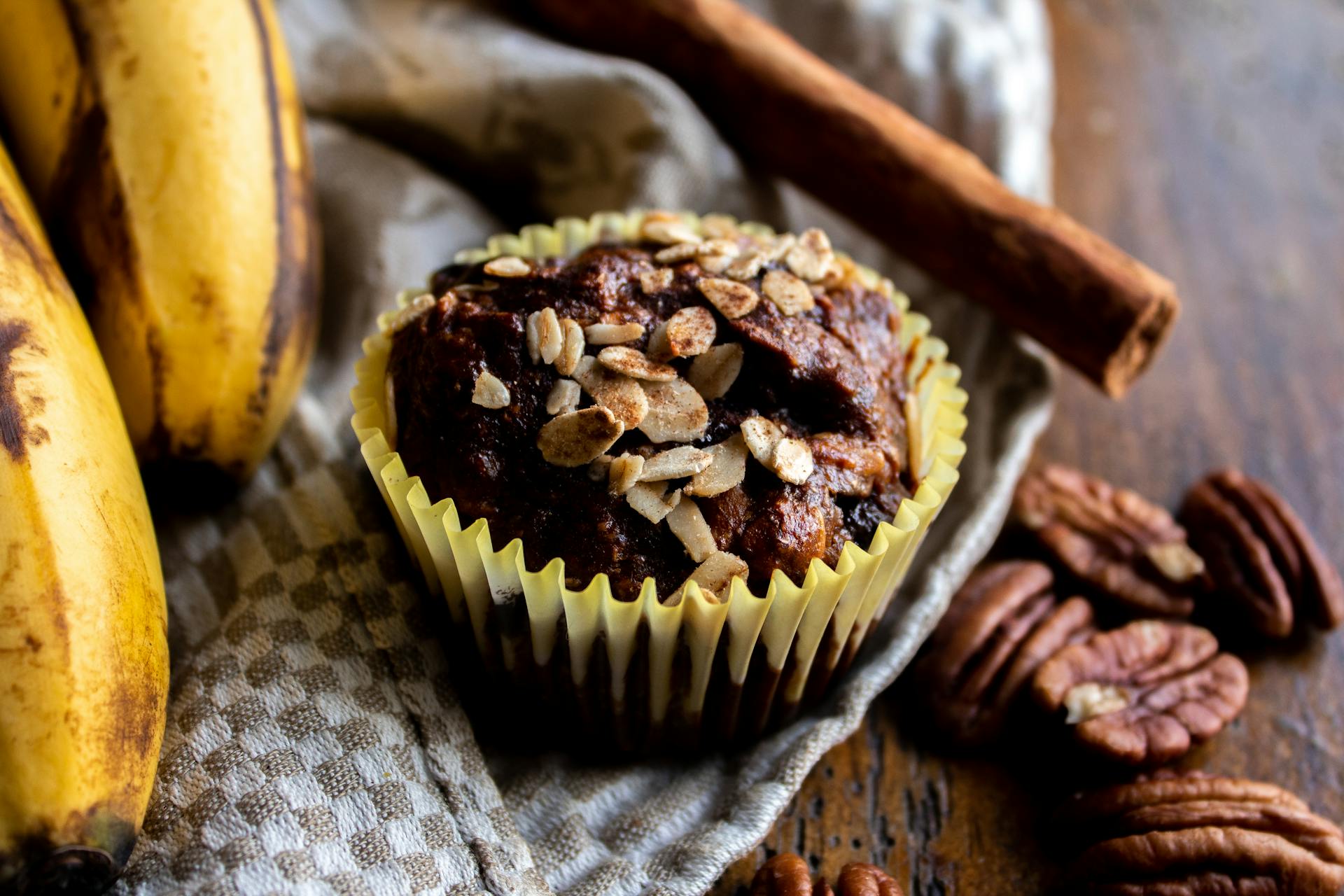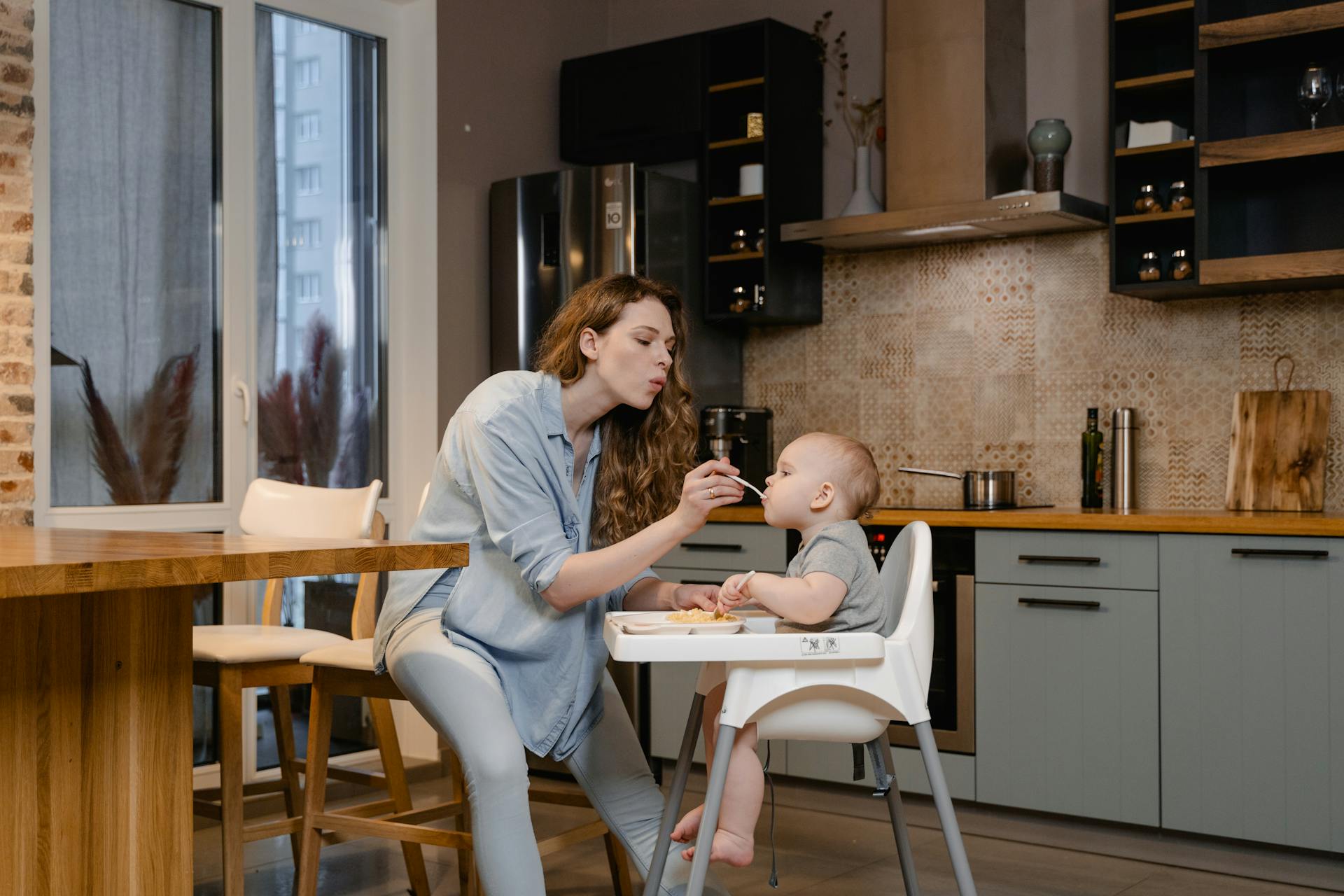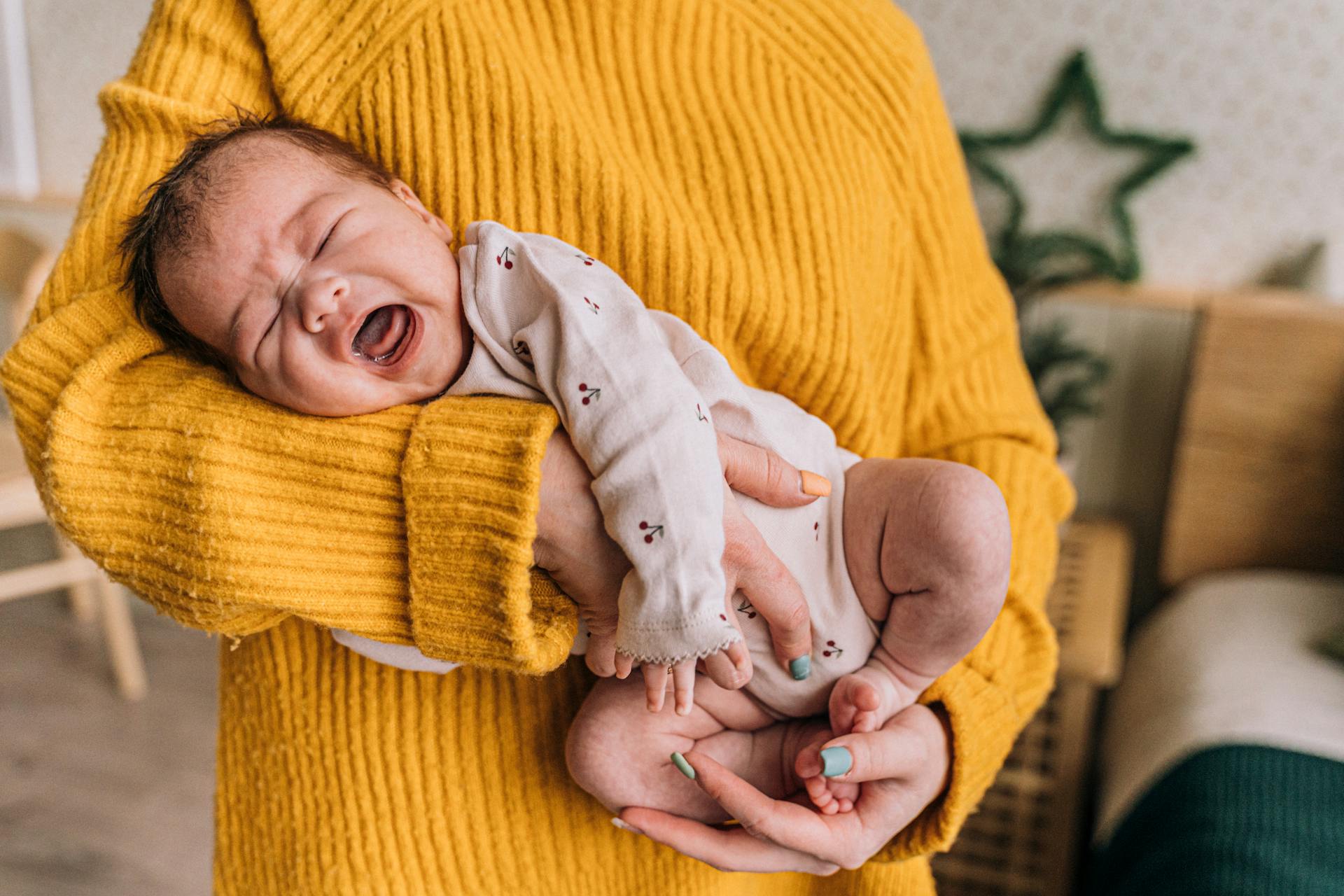Hearing your newborn hiccup several times a day can be both adorable and concerning. You might find yourself wondering, “Why does my newborn hiccup so much? Is it normal? Should I be worried?” The good news is that in most cases, frequent hiccups in newborns are completely harmless. In fact, they are a normal part of your baby’s development.
In this article, we’ll explore the causes, potential concerns, and remedies for newborn hiccups. You’ll also learn when to seek medical advice and how to manage frequent hiccups with ease.
What Are Hiccups, Exactly?
Hiccups occur when the diaphragm — the muscle located between the chest and the abdomen — contracts involuntarily. This sudden contraction causes the vocal cords to close quickly, producing the distinctive “hic” sound. For newborns, this reflex is especially common due to their developing nervous and digestive systems.
Why Do Newborns Hiccup So Much?
1. Immature Diaphragm Function
Newborns have immature and sensitive diaphragms that are easily stimulated. Everyday actions like feeding, swallowing air, crying, or even temperature changes can trigger hiccups.
2. Feeding-Related Triggers
Newborn hiccups are most often associated with feeding. Common causes include:
- Swallowing air while breastfeeding or bottle-feeding
- Overfeeding or eating too quickly
- Feeding position that doesn’t allow smooth digestion
3. Gastroesophageal Reflux (GER)
Some newborns experience mild reflux, where milk flows back up from the stomach into the esophagus. This can irritate the diaphragm and cause hiccups. If hiccups are frequent and accompanied by spitting up, irritability, or difficulty feeding, it might be GER.
4. Normal Fetal Development
Interestingly, hiccups often begin before birth. Many babies experience hiccups in the womb, sometimes as early as the second trimester. This prenatal hiccuping is believed to be part of muscle and lung development.
Are Newborn Hiccups Harmful?
For healthy babies, hiccups are typically not a cause for concern. They don’t cause pain or distress and often stop on their own. However, if your baby appears uncomfortable, spits up frequently, or has trouble feeding, it’s worth discussing with your pediatrician.
How to Prevent or Stop Newborn Hiccups
1. Burp Often During Feeding
Burping your baby every few minutes during feeding can help release any trapped air in the stomach and prevent hiccups.
2. Feed Smaller Amounts, More Frequently
Avoid overfeeding by offering smaller amounts of milk or formula more often throughout the day.
3. Hold Baby Upright After Feeding
Keeping your baby upright for 20 to 30 minutes after a feed aids digestion and minimizes hiccup triggers.
4. Check the Bottle Nipple
If bottle-feeding, ensure the nipple flow is appropriate. A nipple with too fast a flow can cause your baby to swallow air.
5. Use a Pacifier
Sometimes, sucking on a pacifier can relax the diaphragm and help stop hiccups naturally.
6. Gripe Water (with Pediatrician Approval)
Some parents use gripe water to ease digestive discomfort, though it should only be given under medical supervision.
What Not to Do When Your Newborn Has Hiccups
Avoid the following methods, which are common in adults but not safe for infants:
- Startling or scaring the baby
- Pulling the tongue or pressing on the forehead
- Feeding water to a newborn
Always use baby-safe techniques and avoid home remedies not approved by your pediatrician.
When to Call a Doctor
While hiccups are usually harmless, consult a pediatrician if:
- Hiccups are accompanied by vomiting
- Your baby appears to be in pain or distressed
- Hiccups interfere with feeding or sleeping
- Hiccups are very frequent and persistent beyond 6 months of age
These could be signs of reflux or another underlying issue that needs medical attention.
Are Hiccups a Sign of a Healthy Baby?
Many pediatricians consider hiccups a sign that the nervous system is developing normally. Frequent hiccups show that the baby’s diaphragm and breathing functions are maturing as expected. While annoying at times, they are part of the natural growth process.
Fun Fact: Hiccups in the Womb
It may surprise new parents to learn that fetal hiccups are a common occurrence. Many pregnant individuals report feeling rhythmic jerks or pulses in the womb during the second and third trimesters. These are often harmless and are thought to contribute to lung development.
Final Thoughts: Embrace the Hiccups
Seeing your newborn hiccup often may seem unusual, but it’s usually nothing to worry about. As long as your baby is feeding well, gaining weight, and seems comfortable, hiccups are a normal part of infancy. With a few simple tips to manage feeding and digestion, you can reduce the frequency of hiccups and keep your baby happy and healthy.
If you’re ever uncertain, don’t hesitate to consult your pediatrician. Peace of mind is just as important for parents as it is for newborns.


